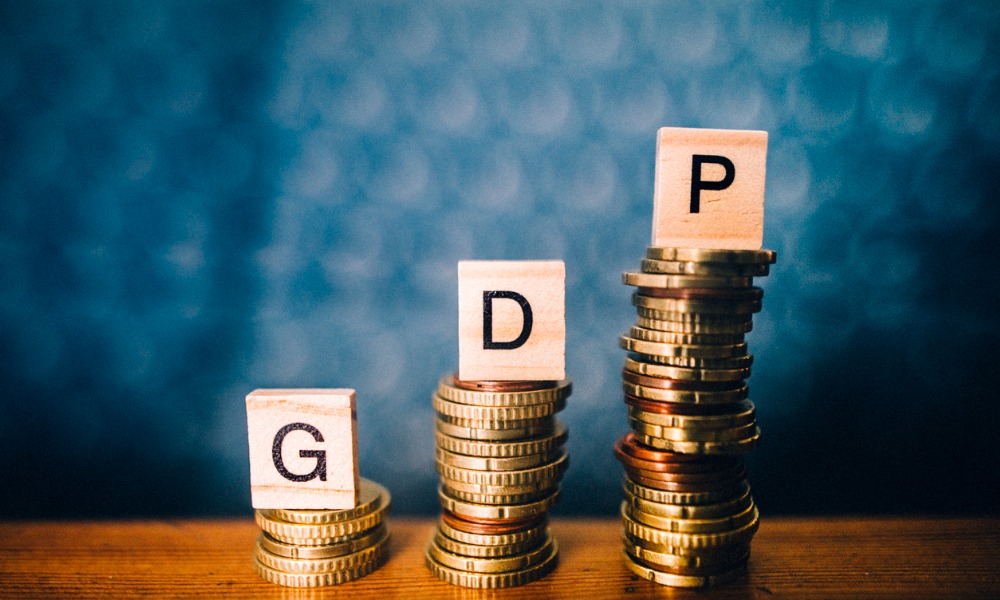Canada's per capita GDP has seen a historic decline, marking one of the worst periods since 1985

Given Canada's recent population surge, economists suggest that per capita measurements provide a clearer picture of living standards. According to a new Fraser Institute study, these standards are set for their largest decline in 40 years.
Grady Munro, Jason Clemens, and Milagros Palacios authored the study ‘Changes in Per-Person GDP (Income): 1985 to 2023.’
They analyzed the three worst periods of decline and recovery of real GDP per person in Canada since 1985: 1989 to 1994, which included a recession; 2008 to 2011, following the financial crisis; and the period starting in 2019.
The current decline is unique. GDP per person briefly recovered in mid-2022 but declined again by the end of 2023, remaining below the 2019 level.
The study’s authors note, “This lack of meaningful recovery suggests that since mid-2019, Canada has experienced one of the longest and deepest declines in real GDP per person since 1985.”
From April 2019 to the end of 2023, inflation-adjusted per-person GDP fell 3 percent, from $59,905 to $58,111. This decline is only surpassed by the drops of 5.3 percent between 1989 and 1992 and 5.2 percent during the financial crisis.
This latest decline, lasting 18 quarters, is the second longest in the past 40 years. Only the 21-quarter decline from 1989 to 1994 was longer. The study highlights signs that the decline is ongoing, with GDP per person in the fourth quarter of 2023 down 0.8 percent from the previous quarter.
The authors warn, “The decline in incomes since Q2 2019 is ongoing and may still exceed the downturn of the late 1980s and early 1990s in length and depth of decline.”
They add, “If per-capita GDP does not recover in 2024, this period may be the longest and largest decline in per-person GDP over the last four decades.”
Other analysts also highlight this issue. Ruchir Sharma, chair of Rockefeller International, identified Canada as one of the countries experiencing a steep decline in real per-capita income growth and a drop in their share of global GDP.
Sharma noted, “Canada’s GDP per capita has been falling 0.4 percent a year since 2020, the worst rate among 50 developed economies.” He observed that new investment and job growth in Canada are primarily driven by the government, contrasting with the global shift towards Big Tech.
Canadian provinces also show significant disparities in economic output per person. Trevor Tombe, a professor of economics at the University of Calgary, compared Ontario's economic output per person to that of Alabama, while the Maritimes lagged behind Mississippi.
Quebec and Manitoba trailed West Virginia. Alberta, Canada’s strongest economy, outperformed the US average but ranked only 14th overall. Tombe stated, “It’s roughly comparable to New Jersey and Texas, but 13 percent below California and nearly one-quarter below New York.”
The Fraser Institute study suggests that without a significant recovery in 2024, the current period of economic decline could become the longest and deepest in the past four decades.



